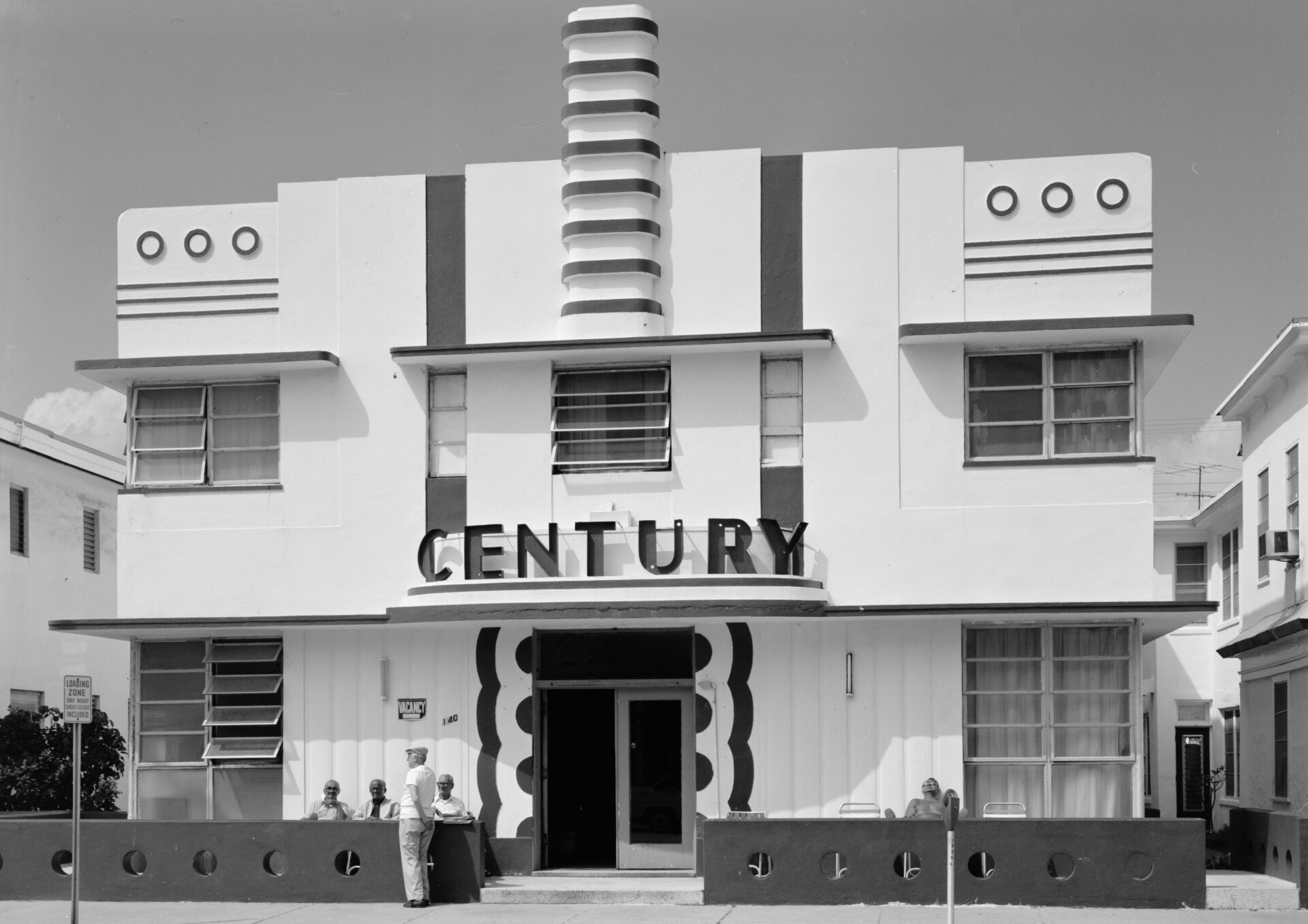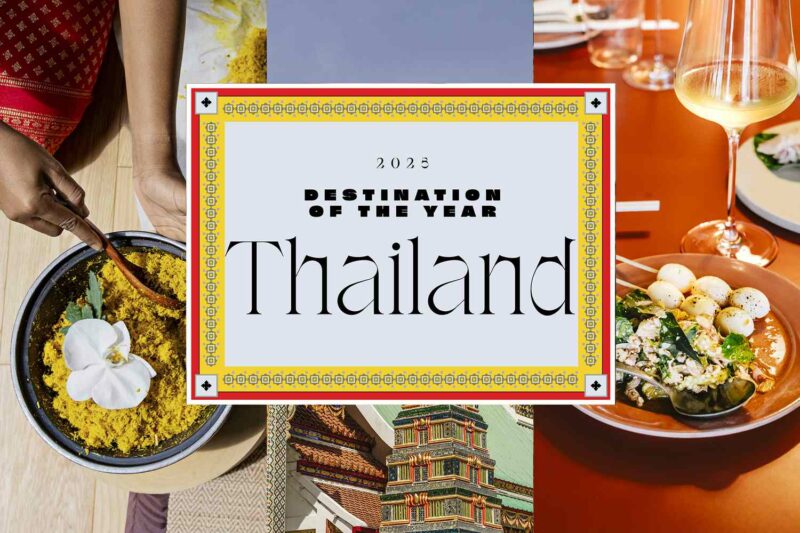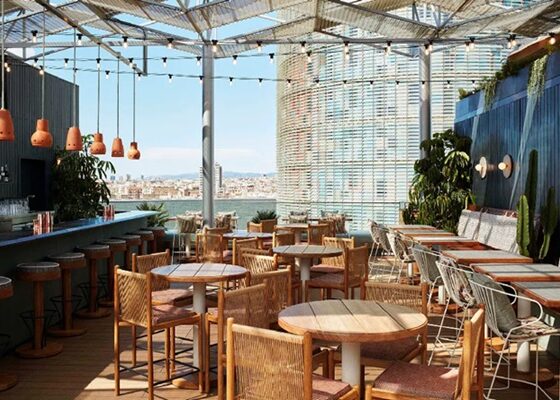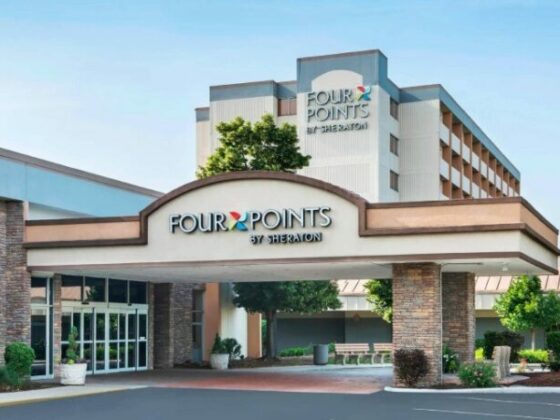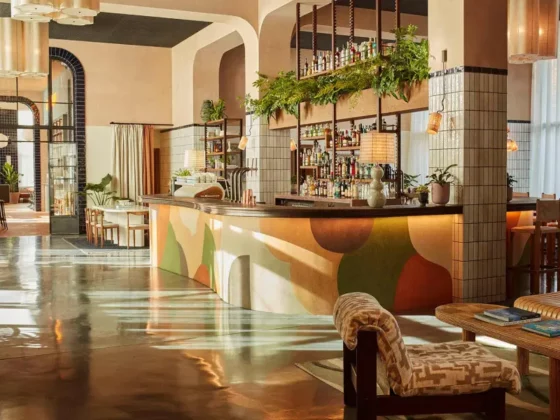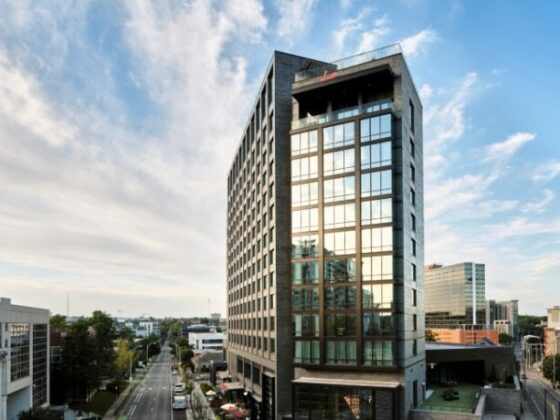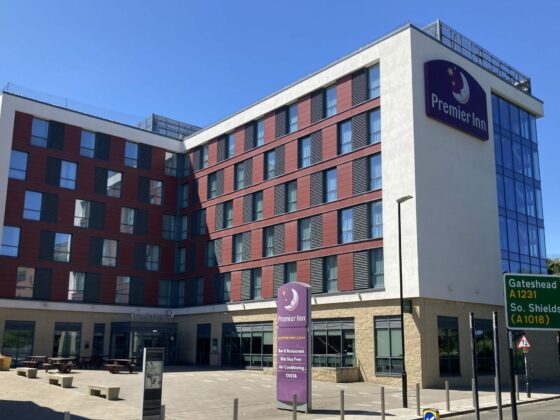InterContinental Hotels Group has announced the acquisition of the Ruby Hotels brand for €110 million. The brand currently operates 20 properties across major European cities. By adding nearly 3,500 rooms to its inventory, IHG aims to remain competitive in the global race for hospitality leadership.
In a global context where developing new properties has become increasingly complex, major international hotel groups have accelerated their acquisition strategies, acquiring entire regional hotel companies. These acquisitions allow them to enter new markets or strengthen their positioning in key segments, particularly in the upscale category.
The urban upscale lifestyle segment has become particularly attractive for investors, as it aligns with the evolving expectations of international travelers seeking unique and immersive hotel experiences.
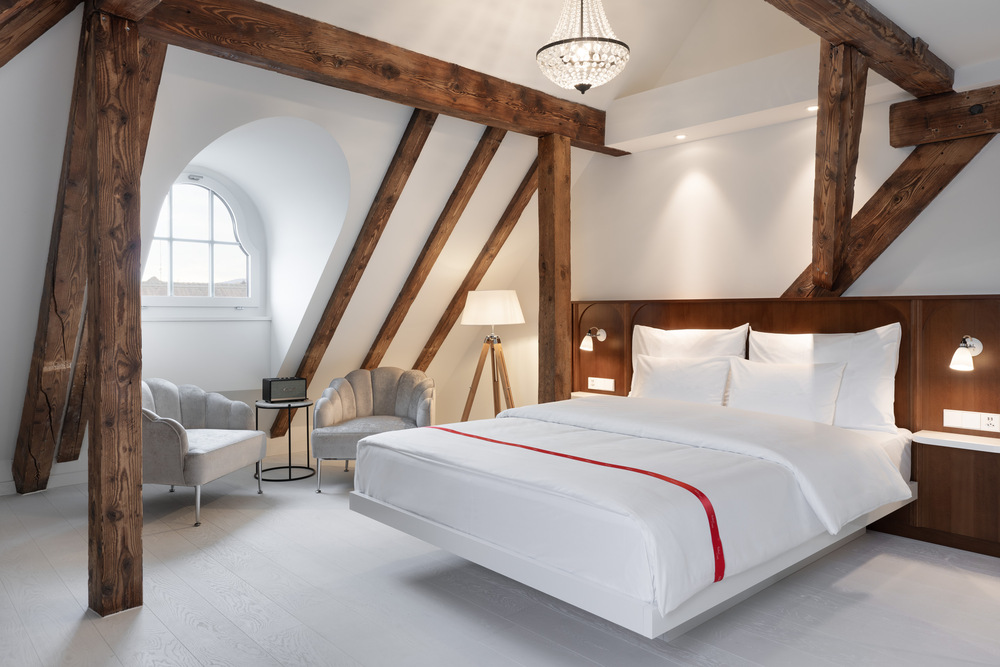
Founded in 2013, Ruby Hotels currently operates 20 properties in major European cities and has a pipeline of 10 additional projects (2,235 rooms). The brand’s current footprint includes nine hotels in Germany (Cologne, Düsseldorf, Frankfurt, Hamburg, Munich, and Stuttgart), three in the UK (London), three in Austria (Vienna), two in Switzerland (Geneva and Zurich), and one each in Italy, Ireland, and the Netherlands. Future openings are planned in Edinburgh, Marseille, Rome, and Stockholm in the mid-term.
A brand which is adjusted for the “urban micro” developments
With this 20th brand, IHG strengthens its presence in the lifestyle hospitality segment across major cities, offering a full hospitality experience combining accommodation, F&B, and relaxation. The brand follows a “micro-urban” development model, optimizing space and leveraging automation to enhance operational efficiency. This strategy aligns with Ruby Hotels’ core philosophy, offering an attractive opportunity for property owners and investors seeking to contribute to IHG’s expansion.
Ruby Hotels’ growth has been driven by both new-build developments—when urban land is available, even in compact sizes—and office and commercial space conversions. The Ruby Hotels team will continue executing its development projects, now supported by IHG’s resources. IHG also plans to expand the brand’s footprint by introducing it to additional owners and launching it in the U.S. market by the end of the year.
An ambitious plan for development up to 250 properties by 2045
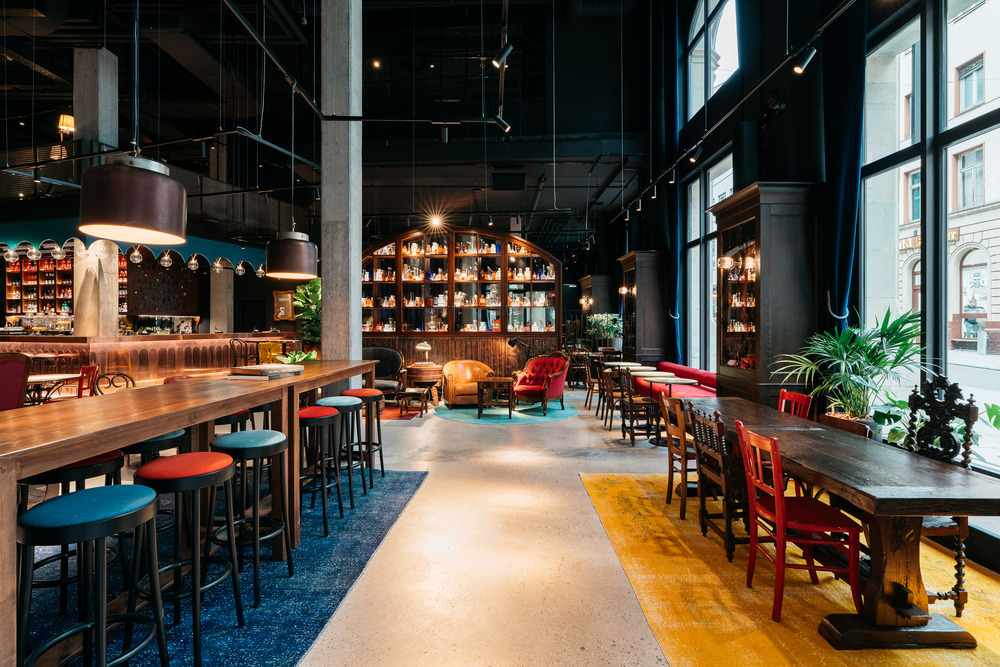
IHG’s stated objective is to grow the Ruby Hotels brand to over 120 properties within the next 10 years and accelerate expansion beyond 250 hotels within 20 years in partnership with owners worldwide.
Franchise expansion is expected to generate $8 million in franchise fees from Ruby Hotels by 2028, with 30 hotels in operation, and $15 million by 2030. The transaction involved only the Ruby Hotels brand, while Ruby SARL retains the management of existing properties under ownership agreements. The same arrangement will apply to future hotels developed under the brand.
Behind Ruby Hotels and its founder, Michael Struck, are key investors such as Germany’s ECE Group, Austria’s Soravia Group, Franger Investment (a German family office), Ocean Link (a private equity fund), as well as executives Michael Hehn and Michael Struck.
Major groups are in a spree for external growth
In the ongoing race for scale through acquisitions, Hyatt has been particularly active, acquiring Standard International last October (adding 21 operational hotels and a pipeline of 30 properties under The Standard and Bunkhouse Hotels brands) and recently purchasing Playa Hotels & Resorts for $2.6 billion.
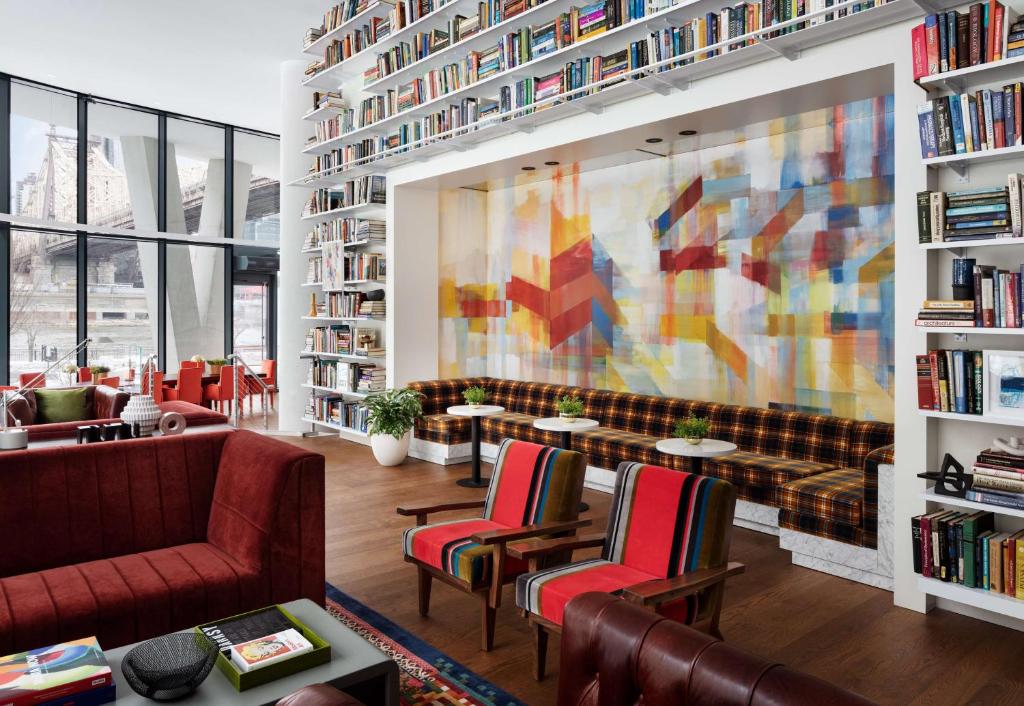
Last year, Hilton Hotels acquired Graduate Hotels, with the ambition of expanding the brand across university campuses worldwide, as well as Sydell Group, bringing NoMad Hotels into its portfolio—two strong lifestyle brands.
Meanwhile, Marriott has expanded its commercial inventory by adding 10,500 rooms from Sonder through a marketing agreement, further diversifying its global offerings.

![]()

